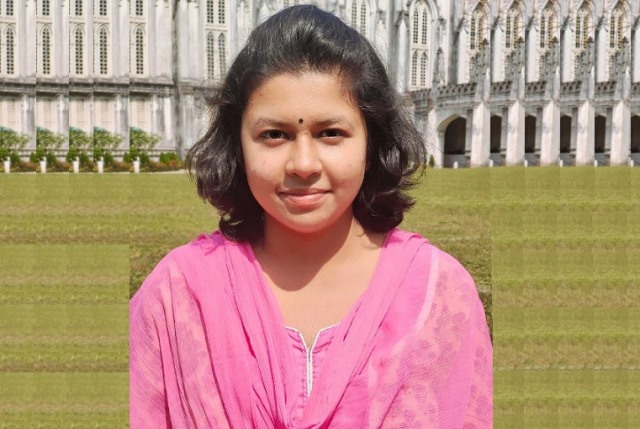
‘Blood & Water Can’t Flow Together, But Dollars Flowing From Cricket Are Ok’
Vanshika Sharma, an aspiring journalist in Delhi, says Indian leadership can’t let emotion guide one decision and economics guide another! Her views:
After Operation Sindoor, India’s message to Pakistan was sharp and symbolic —“blood and water cannot flow together.” By stopping the flow of water under the Indus Waters Treaty, the government drew a firm line: no routine exchanges when the blood of our countrymen was being spilled from terrorists across the border.
The symbolism was powerful. Water, the lifeline of agriculture and daily living, became a diplomatic tool. It wasn’t just about dams and canals; it was about telling the world that some boundaries, once crossed, change everything. India will no longer sit as a passive respondent, but it will draw the red line.
And yet, here we are. This week, as I sit at my dining table in East Delhi, my phone pings with another update — India is gearing up to play cricket withPakistan in Asia Cup. Pitches are being rolled in Dubai. Jerseys are being ironed and packed. Floodlights are being tested. The match hype is building.
It makes me wonder: If blood and water cannot flow together, how can blood and cricket money go together?
ALOS READ: ‘Indus Treaty Will Go Op Sindoor Way – In US Mediation’
Growing up, Indo-Pak cricket was a tense festival in my family. My father would shout at the TV as if the players could hear him. My mother would serve endless chai and snacks, pretending not to care but watching every ball out of the corner of her eye. Neighbours would walk in “just to check the score” and end up staying till the last over.
But now, studying journalism, I see the other layer — the money. An India–Pakistan cricket match isn’t just a game; it’s a multi-million dollar event. Ticket sales, sponsorships, ads, broadcasting rights — the financial stakes are massive. Both cricket boards profit. The crowds roar, and the cash registers ring. Blood is inconsequential.
This is where the contradiction stares me in the face. We can freeze something as essential as water — a necessity of life — to send a message. But we are willing to let cricket, a luxury, continue because it is lucrative. Doesn’t that dilute the principle? If the idea behind stopping water was that daily life cannot go on as usual, surely high-voltage cricket matches, which normalize interaction and bring in shared revenue, clash with that logic.
Of course, there’s the counter-argument. Many believe cricket is a bridge, not a breach. It’s a softer form of diplomacy, a way for people-to-people contact to survive even when governments are at odds. Just like cultural exchanges in art or music, cricket might keep a thin thread of connection alive — one that pure politics would sever.
So the question becomes sharper: Should cricketing ties follow the principle of the water treaty, or should the water treaty follow the precedent set by sporting ties?
If we want our symbolic gestures to be consistent, we can’t let emotion guide one decision and economics guide another. Until that consistency comes, every toss of the coin before an Indo-Pak match will carry more than the fate of a game. It will carry the weight of principle — from my father’s living room in East Delhi to the roaring stadium stands.
As told to Deepti Sharma



